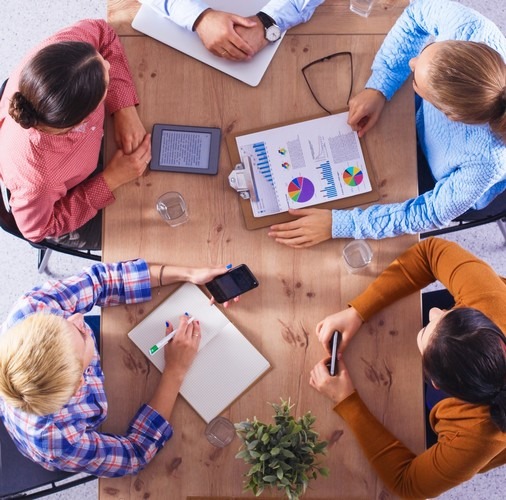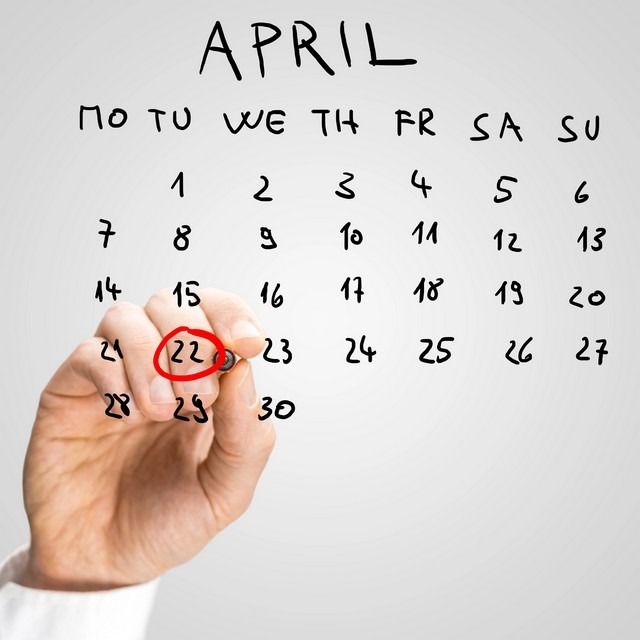 Online VS Offline
Online VS Offline
On June 22nd, GBNews attended a conference organized by the CCIG in partnership with Groupe Mutuel Insurance on e-reputation, or how the impact social media can have on our lives, and one’s “online life” can interfere and cause damage to his or her “offline life”.
Stéphane Koch, strategic digital advisor and specialist in digital security, gave us his take on the subject during a very intense conference. He reminded us to be careful and vigilant with respect to our online identity. Indeed, even for those of us who think we are cautious, the internet and social media change quickly. It is sometimes hard to keep track of new ways we have to protect our online presence.
For some years now, we have witnessed important digital and societal transformations. The separation between private and public has become a blurred line. As Stéphane Koch underlines, a social network is a human creation. Unlike many, Koch sees the internet as part of real life and not something purely virtual. For him, the internet is just a tool used to connect people. But like all tools, we need to know how to properly use it, so that we do not get hurt.
At the same time, because of the technological progress and the era of globalization we live in, more and more people seem to be losing control over their personal data. According to Koch, we are facing a true dematerialization of data. “Bye Bye files and archives department, Hello Clouds!” we could say. These changes can have an important impact on our lives, both on and offline.
The “domino effect”
We are no longer the only ones responsible for the data we need access to. They are now entrusted to clouds or external drives. This loss of control or “ownership”, due to hackers or our own carelessness, can lead to a potential “domino effect” between private and public life as both are so intermingled. A significant example of this is that nowadays, whenever we apply for a job, a recruiter will almost automatically check our social media profiles. What we show in our private lives is, firstly, not really private anymore. Secondly, it has an impact on our public lives, like whether or not a recruiter makes contact with the person in the profile.
Another example of the “domino effect” can be perfectly illustrated by the controversy surrounding former US presidential candidate Hillary Clinton. Anyone who followed the US election is aware of the fact that she used a non-official private email server for work purposes that led to a loss of public trust. We all know what the knock-on effects of this were…
Educate yourself
To face these changes, Stéphane Koch highlights the importance of mastering digital literacy culture. People need to educate themselves in order to gain a better understanding of the online environment and its potential impact on the offline world. A misunderstanding of the digital realm can have serious human, economic and reputational consequences. Plus, once it’s on the internet, a trace of it stays forever.
Interestingly enough, even people considered as “digital natives” are often the most “digitally naïve”, as Stéphane Koch put it. Why is that? Because people that were raised with the internet and social media often think they “know”. This means they might not take the time to secure their accounts properly. Using social media is innate to them, and they do not take sufficient precautions in terms of security and confidentiality. At the same time, people not considered as “digital natives” have to educate themselves, which can make them more aware of the dangers of the internet.
A few tips… (to save your e-reputation)
Taking all of this into account, both as individuals and as companies, there are several things to do in order to manage cyber-risks appropriately and prevent potential severe damages to a brand or company. Stéphane Koch suggests the following:
- Have a monitoring strategy for the company, its products and its domain names
- Follow the trends linked to software, to make sure you are using one that is updated
- Use a strong authentication system, and do not hesitate to protect computer equipment and encrypt sensitive data
- Have a backup strategy in place and prepare scenarios in case of loss of data (legal and in terms of communication)
- Identify companies who could intervene in case of data loss (recovery, log analysis, etc.)
- Consider having a “dark site” (backup crisis website with a domain and a redirection)
- Identify the reporting and recovery procedures linked to social media accounts
- Gather useful legal documents (intellectual property, complaints, etc.)
- Identify crisis scenarios linked to social media platforms, and re-evaluate the company’s internal and external procedures in that light
- Set up a Bug Bounty program, where hackers help identify security issues and can help with the post-crisis management
- Lastly, use common sense! If you feel like it might not be in your best interest, it probably isn’t!
What else can a company do?
As a company, it is also essential to train employees so that they have an understanding of the do’s and don’ts in terms of managing a company’s e-reputation (and their own…). But mostly, it is important to educate them about the possible consequences a lack of digital literacy culture can have (unemployment, reputational damage, etc.).
Consequently, it is crucial to be aware of our online environments so that they will not turn against us or against our will. We can manage our digital identity in a way that will not hurt our lives. People should adapt to changes and follow trends to be up-to-date.
Finally, it is important to realize that the internet and social media are wonderful tools with endless possibilities. The key is just to be educated and adapt our digital behavior.
Image credit: VLADGRIN via Shutterstock


 Online VS Offline
Online VS Offline


People and businesses alike, we all face reputational damage from unexpected directions. Great article!
The dematerialization of data is an interesting issue, particularly for independent professionals working in a virtual office. The options are multiple (Cloud, etc.), but the strategy behind it (backup, loss of data, etc.) is not always fully considered. Very relevant article!